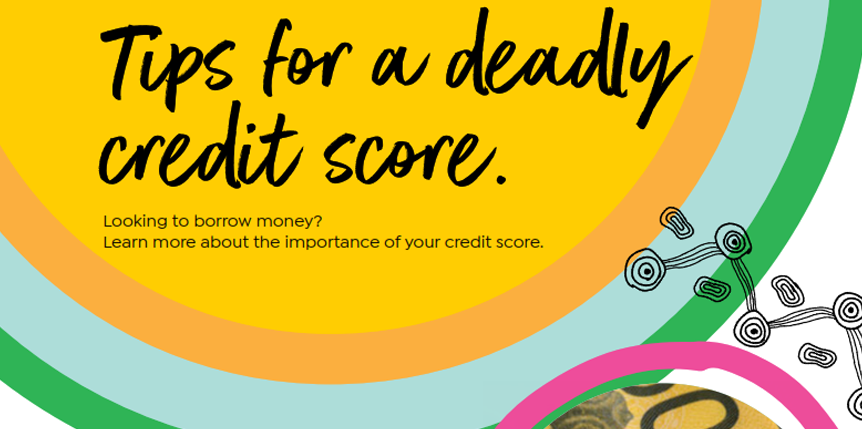Download our tips for a deadly credit score
Looking to borrow money? If you're thinking about getting into a home of your own, it's helpful to learn more your credit score.
This document was made in collaboration with Keystart's Aboriginal Home Ownership team, Aboriginal-owned business Norlap Creative and Aboriginal customers.
